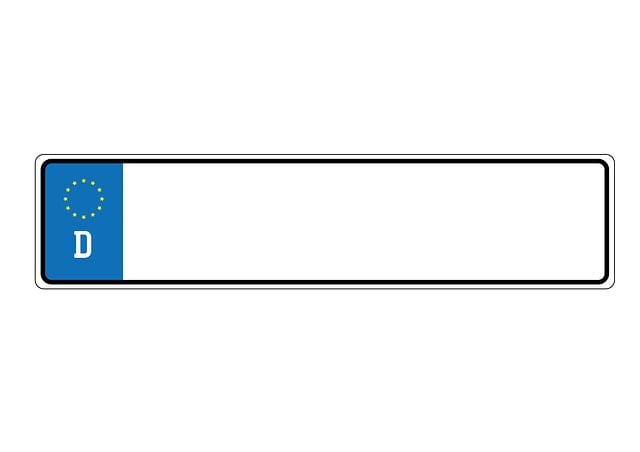Unidentifiable license plate films are gaining popularity for vehicle privacy protection. Legal frameworks struggle to balance individual rights and public interests, with restrictions on anonymous plates due to potential impacts on law enforcement and traffic management. New technologies aim to enhance security and privacy while maintaining accurate identification, but unchecked anonymity could facilitate illegal activities. Responsible selection of license plate privacy solutions considers these competing interests.
Unidentifiable license plates are a growing trend, raising concerns and questions about privacy on our roads. As more vehicles adopt this feature, it’s crucial to understand the implications. This article delves into the world of unidentifiable number plates, exploring their legal dimensions, potential benefits, and inherent risks in terms of Select License Plate Privacy. By navigating these aspects, we aim to provide a comprehensive overview for informed decision-making.
- Understanding Unidentifiable Number Plates
- Legal Aspects of License Plate Privacy
- Advantages and Concerns of Anonymity on Roads
Understanding Unidentifiable Number Plates

Unidentifiable number plates, often referred to as privacy license plate films or unreadable license plate wraps, are a popular choice for individuals seeking to protect their vehicle privacy. This practice involves applying specialized films or wraps over the original license plates, making them difficult or impossible to read from outside the vehicle. The primary purpose is to obscure personal information, such as vehicle registration details, which can be sensitive in certain circumstances.
Select License Plate Privacy offers a layer of discretion for owners who value their anonymity. These products are designed to provide untraceable vehicle tags, ensuring that personal data remains secure and confidential. Whether it’s for safety reasons or maintaining privacy, many opt for these solutions, especially in areas where vehicle tracking is a concern.
Legal Aspects of License Plate Privacy

In many jurisdictions, the legal aspects of license plate privacy are tightly regulated, balancing individual freedoms with public safety and security concerns. While some advocate for enhanced vehicle anonymity to protect personal data and deter potential crimes, others argue that identifiable plates are crucial for law enforcement and traffic management. The use of anonymous vehicle registration or car plate privacy films is often met with legal restrictions, as these methods can hinder the efficient tracking of vehicles involved in criminal activities or traffic violations.
However, emerging car plate privacy solutions attempt to navigate this delicate equilibrium by offering innovative approaches that respect individual privacy while still providing necessary data for legitimate purposes. These include advanced plate recognition technologies with enhanced security features and privacy-preserving designs, ensuring that vehicle identification can be accurately achieved without compromising sensitive information.
Advantages and Concerns of Anonymity on Roads

The debate around license plate privacy is a delicate balance between individual freedom and public safety. One of the primary advantages of anonymous or custom unidentifiable plates is enhanced privacy for vehicle owners. It allows individuals to protect their personal information, preventing potential stalking or identity theft risks associated with publicly visible car registration numbers. This is especially appealing to those who live in crowded areas or have valid concerns about their security.
However, there are significant concerns regarding the downside of such secrecy. Law enforcement agencies rely on plate recognition technology for various operations, from traffic management to crime solving. Anonymity can hinder these efforts, complicating investigations and potentially endangering public safety. Moreover, allowing unchecked privacy could facilitate illegal activities like evading fines or, in extreme cases, avoiding legal consequences for crimes. Thus, while selecting license plate privacy solutions, it’s crucial to consider both personal rights and societal needs, fostering a responsible approach to car plate privacy.
Unidentifiable number plates, while offering a degree of privacy, raise complex issues in terms of public safety and law enforcement. The legal aspects of license plate privacy are intricate, balancing individual freedom with the need for responsible governance. As society weighs the advantages and concerns of anonymity on roads, selecting license plate privacy options requires careful consideration to ensure both security and respect for personal boundaries.
